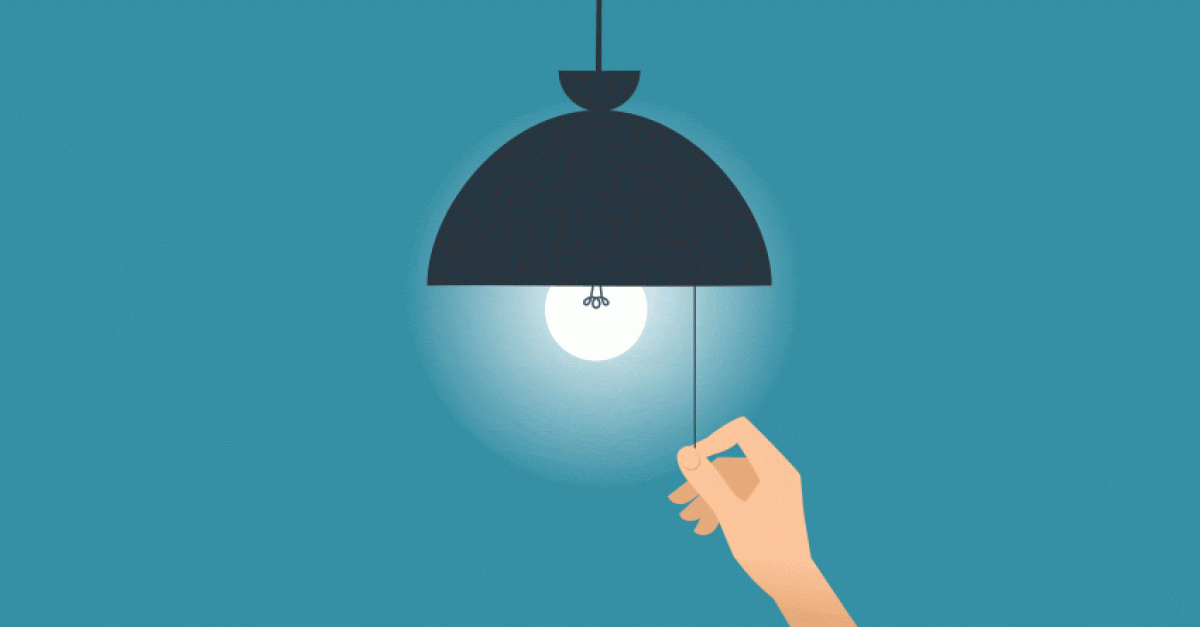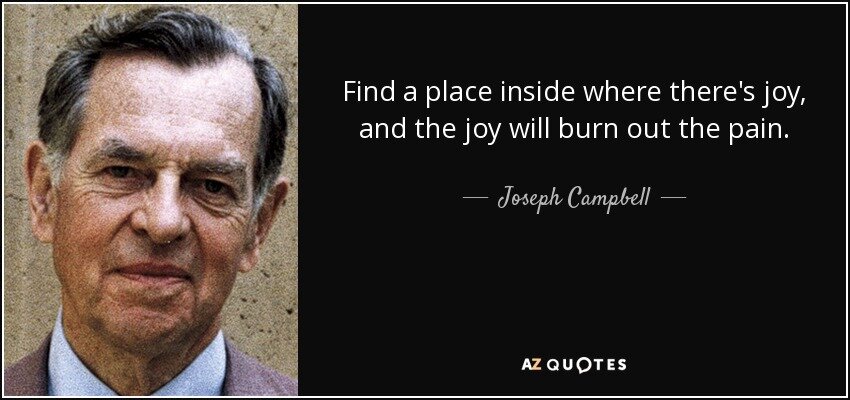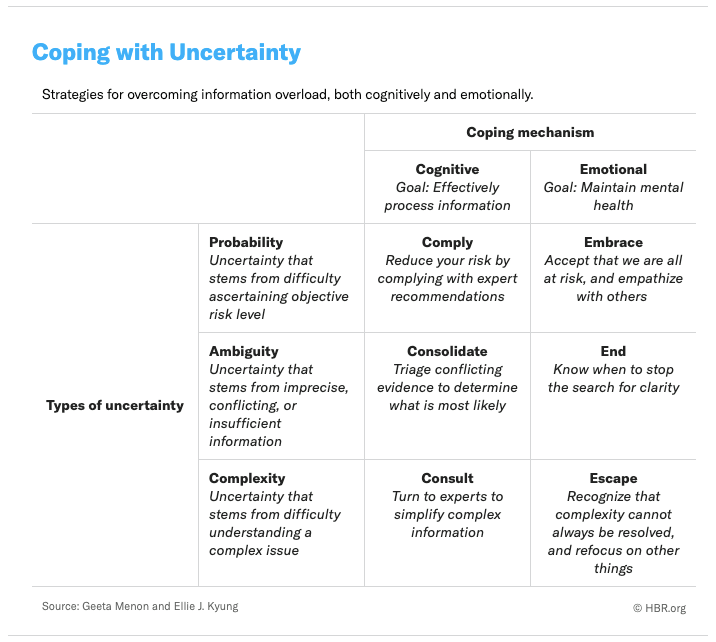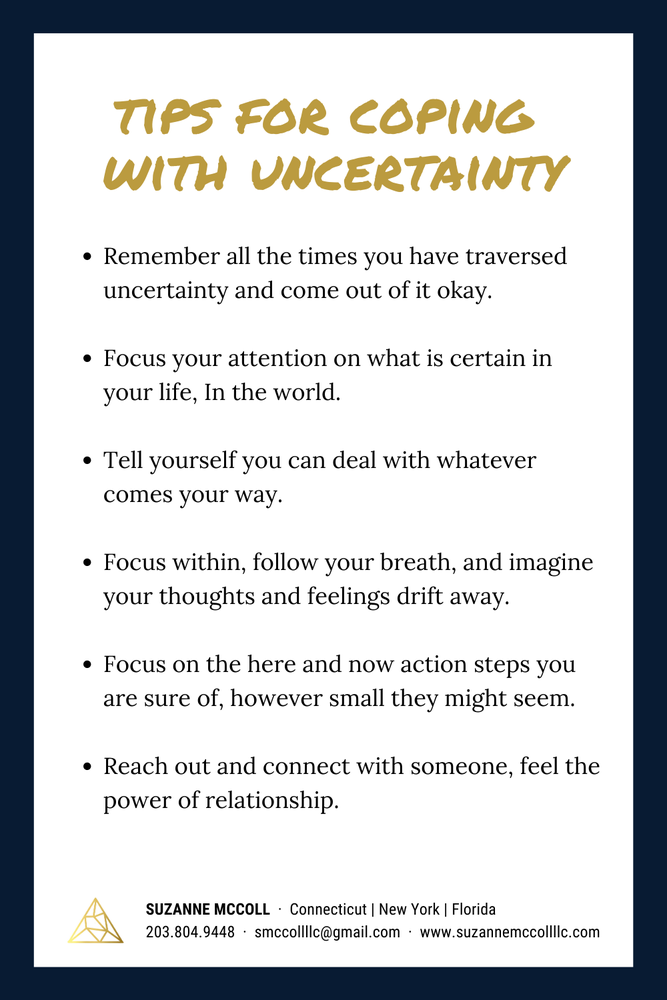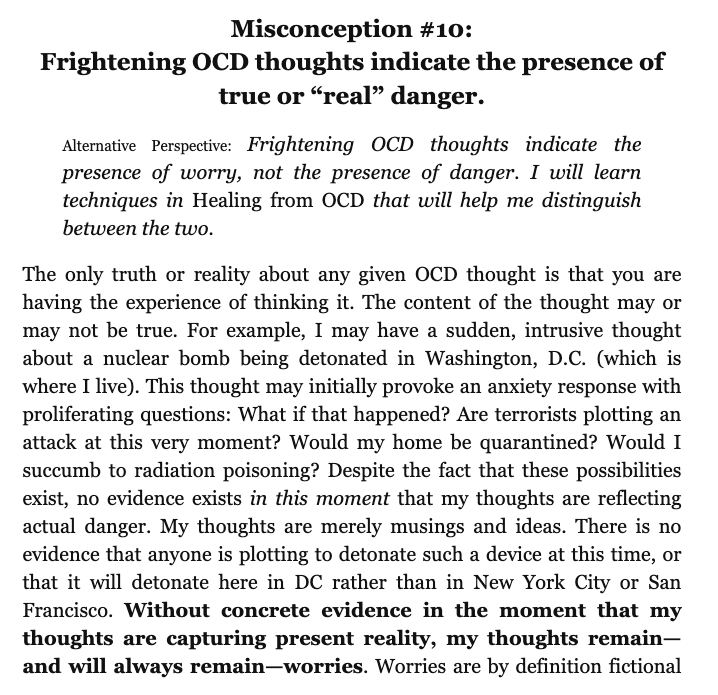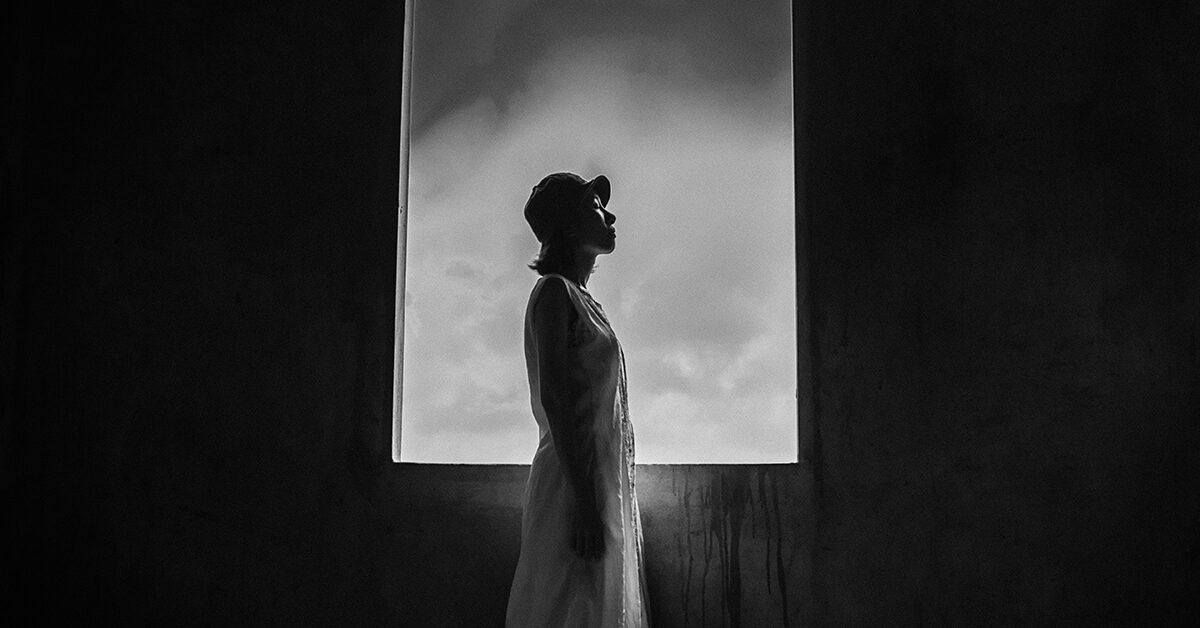
Somatic OCD and Reclaiming Mindfulness – New Harbinger Publications, Inc
While mindfulness is one of the chief strategies for alleviating the symptoms of obsessive compulsive disorder (OCD), which is used to call attention to
The greatest exposure for this type of obsession is acceptance...It is the resistance...that causes so much distress.
it can help to be mindful of whether you’re attending or overattending to the present moment; if you’re over attending, to “acknowledge that your mind has taken the act of meditation and shifted it to a performance review.”


